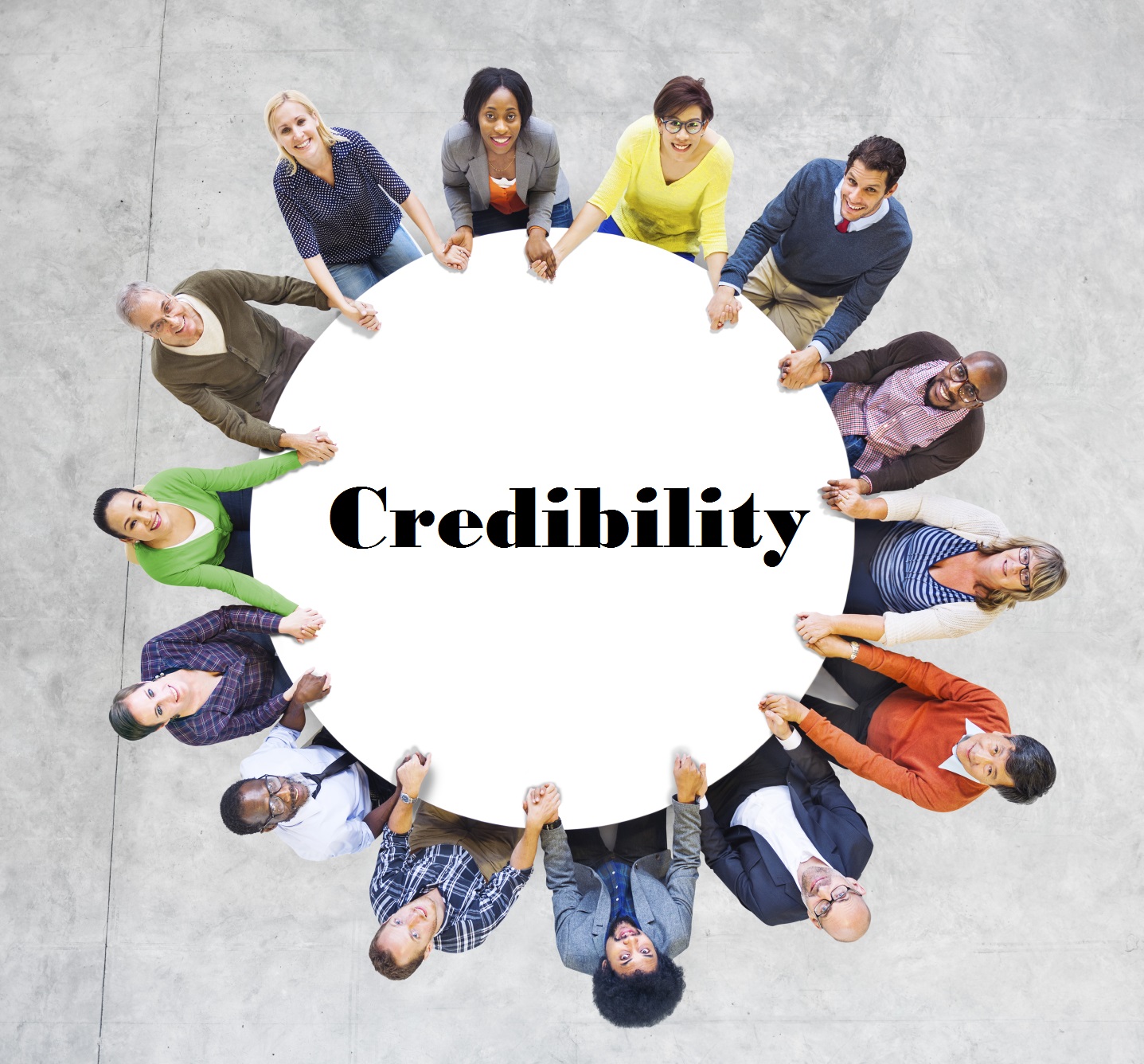Most companies today, especially small to medium-sized ones are breaking away from the more traditional office setting in favour of a more flexible and talent-nurturing work environment. This setting or organization is referred to as agile management.
Agile management, as opposed to the traditional type of project management, does not have a defined process and a strict cycle when it comes to task and project completion. Although there are still stages, such as planning, execution, testing and launching, these stages are not exactly followed in a cumulative way. In agile management, the team can go back and forth between the planning, execution and testing stages before finally launching the product.
This management style is well suited for startups with limited workers, and are more focused on creativity, development and innovation, rather than just churning out a commercial output each month.
So what is an agile certification?
Like any other type of certification, an agile certification from the Project Management Institute (PMI) for example, gives assurance or accreditation that the company-holder is already experienced and very effective in agile management. Companies on the other hand are required to maintain a certain standard to retain their certification. This maintained certification can benefit a company in several ways:
1. Increase a company’s credibility
Certification attests to a company’s credibility and professionalism, and it goes the same with Agile Certification. This means that the company is not just putting the system in place out of the boss’s personal whims, but through tried and tested methods. This also means that the company is stable and reliable – which is a plus for both potential customers and employees.
Moreover, the company might even be losing money just by following an agile management style – without them knowing it. A certification however means that the leaders of the company know how to effectively manage their team through the agile system and avoid its common pitfalls.
2. Enhance teamwork and productivity
The downside of the agile management system is that, when largely unsupervised and unregulated, the team can go back and forth between the planning and testing stages (and everything in between) just because they can. Although it is sometimes done for creativity and innovation’s sake, it can also ultimately hamper the company’s productivity since output delivery is almost always delayed.
With an agile certification, however, the company will know how to implement regulations and use tools to maximize each step of the process and ensure that productivity is not hampered despite the flexible working process.
3. Estimate expenses the right way
When the planning and execution stages are flexible, going back and forth between them can basically inflate operational costs. On top of that, there is a need to pay employee salaries each month, and there won’t be many returns if the company is paralyzed from launching a product. Getting an agile certification however, can help companies avoid incurring unnecessary expenses along the way, estimate an operational budget and how to stick to it.
Before being granted with an agile certification, companies are assessed first and the whole team can go through a series of trainings and seminars. Many organizations offer agile certification and training such as PMI (as previously mentioned), Scrum Alliance, APMG International, TwentyEight Strategy Execution, Scaled Agile Academy, International Consortium for Agile, Agile Certification Institute, and many others.
Agile management systems are however popular only among IT or tech-related industries, but they could also work for industries that veer towards the more creative side such as advertising campaign agencies, digital marketing agencies, event management and planning.
Author Bio:
Gemma Reeves is a seasoned writer who enjoys creating helpful articles and interesting stories. She has worked with several clients across different industries such as advertising, online marketing, technology, healthcare, family matters, and more. She is also an aspiring entrepreneur who is engaged in assisting other aspiring entrepreneurs in finding the best office space for their businesses.

















